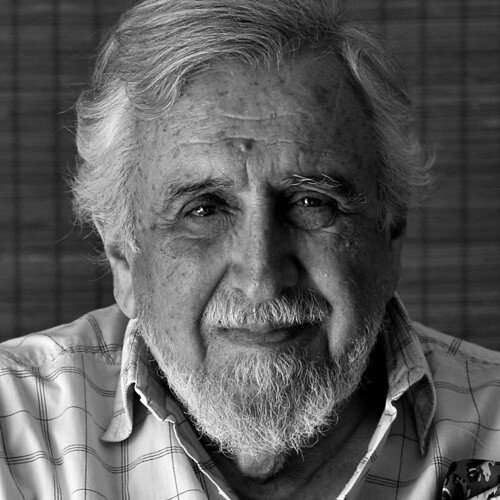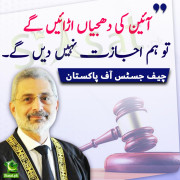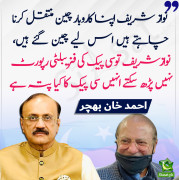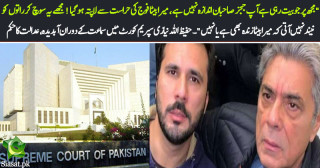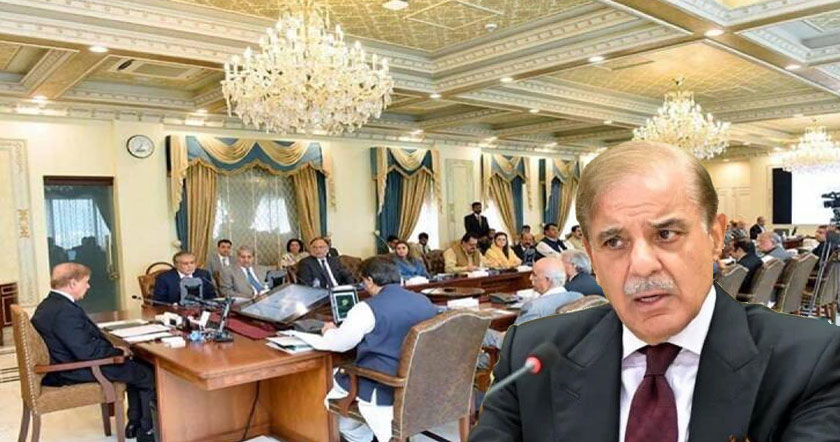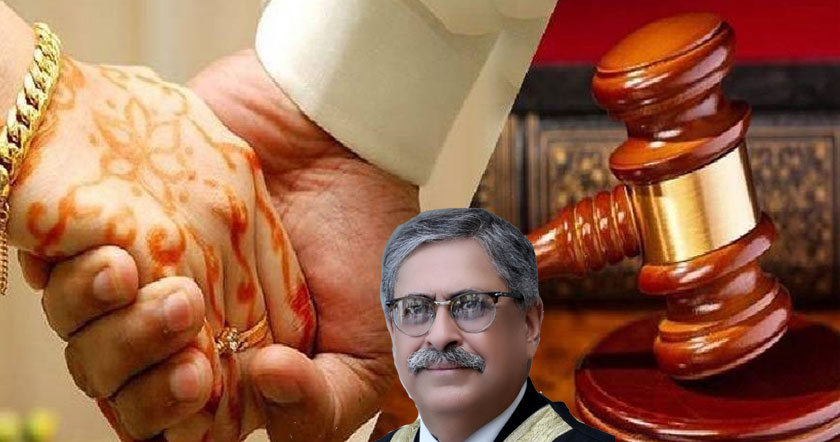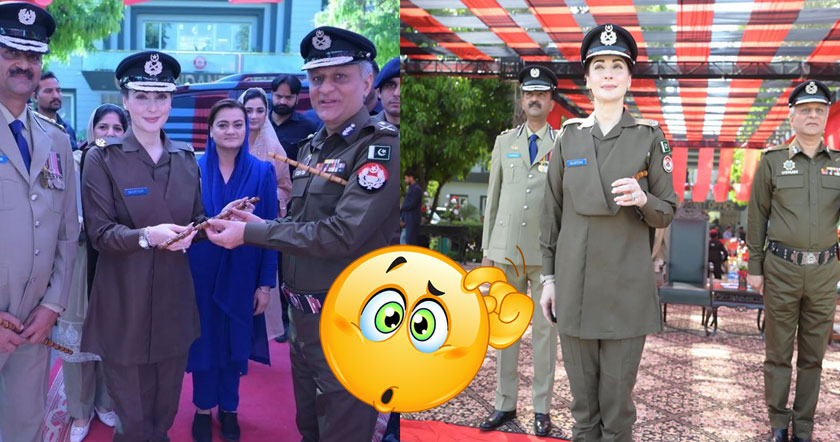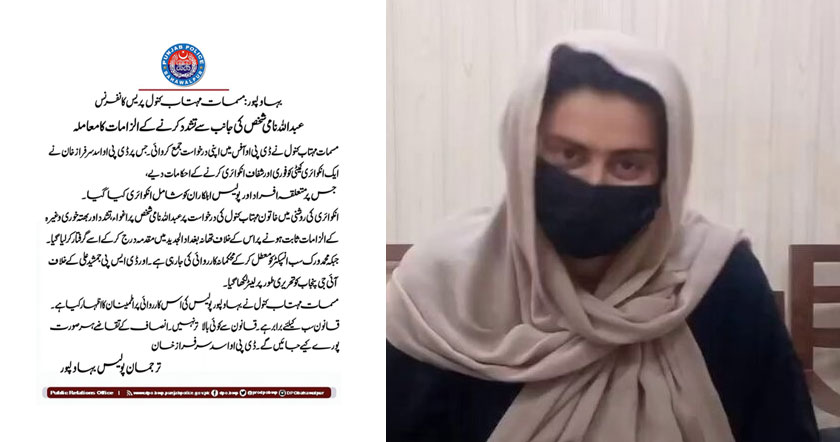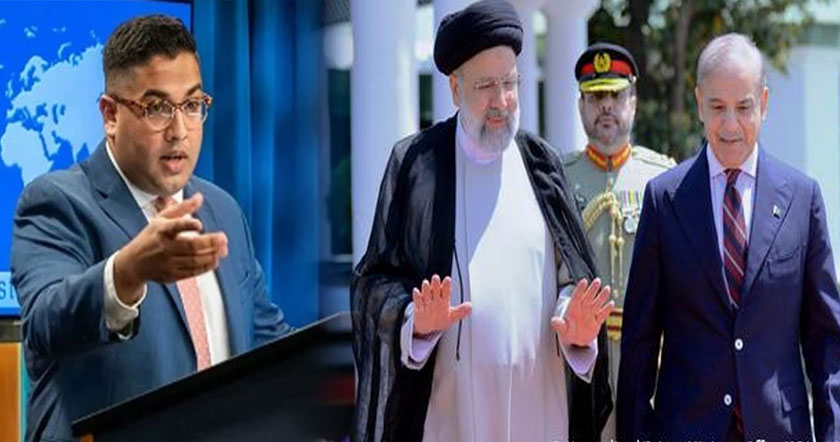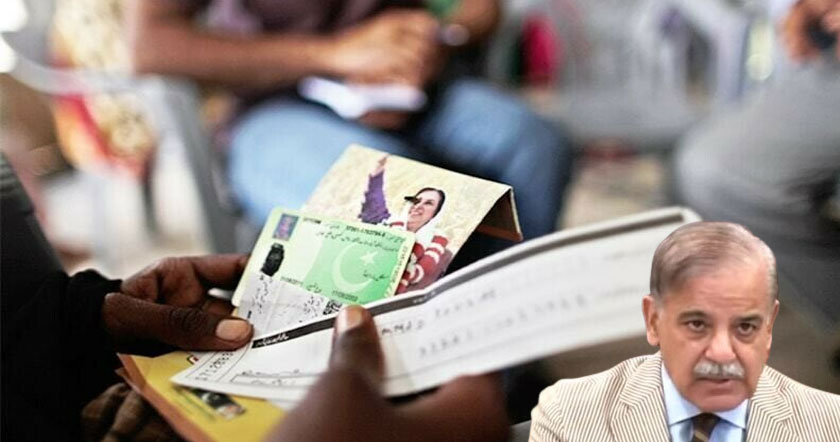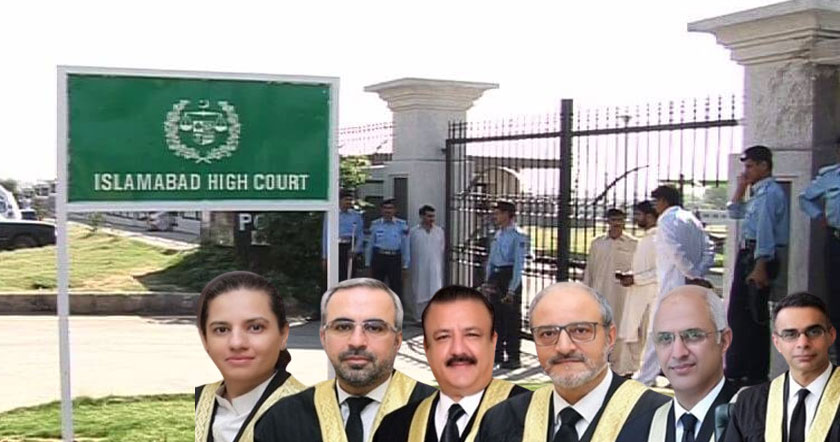KARACHI: One of Pakistans oldest and most renowned columnists, Ardeshir Cowasjee, passed away in Karachi on Saturday at the age of 86.
Cowasjee, whose weekly columns graced the Dawn newspaper from 1988 to 2011, was suffering from chest illness and had been admitted in a Karachi hospitals intensive care unit for the past 12 days.
Born on April 13, 1926 to Rustom Faqir Cowasjee and Mucca Rustomjee, Ardeshir joined the family shipping business after completing his education from the Bai Virbaiji Soparivala Parsi (BVS) High School and DJ Sindh Govt Science College.
He had two children with wife Nancy Dinshaw. His daughter lives in Karachi and works in the family business and his son is an architect in the US. Their mother passed away in 1992.
Now, old at 85, tired, and disillusioned with a country that just cannot pull itself together in any way and get on with life in this day and age, I have decided to call it a day, he wrote in a column in December 2011 for Dawn.
He went on to write two more columns that year before he finally put his pen to rest.
More than just a columnist
Cowasjee was known for his outspoken criticism of politicians and the religious right.
I am 86 now, too old to pen weekly columns. Besides whats there to write about with the same old politics and same old politicians. Do you really believe that they will go away? I am bored writing about them again and again, he said in an interview last month.
Ardeshir Cowasjee is more than just a columnist for a Pakistani newspaper. He has become the conscience of a nation, wrote Nirupuma Subramanian in the Hindu.
I dont do it for the money, the LA Times quoted him in a 2008 interview. What they pay me wouldnt even buy this tie. Its an exercise of the mind. I do it to be sane. Because nothing works with logic in this place.
In addition to his columns, Cowasjee was also known as a successful businessman, social activist, and an active philanthropist.
Mr Cowasjee donated heavily to charities TCF school in Lyari bears witness to that, said journalist Omar Quraishi in a tweet Saturday after Cowasjees death.
His charitable organisation, the Cowasjee Foundation, was responsible for providing funding for higher education to many Pakistani students. Many of Karachis hospitals such as the Lady Dufferin Hospital, Sindh Institute of Urology and Transplantation and the National Institute of Cardiovascular Diseases have also benefited from the foundation.
Very few people know Ardeshir Cowasjee quietly tried to support upright, young journos financially, said Abbas Nasir, a former Dawn editor.
Many leading names in Pakistans journalism circles looked up to the columnist.
Amazing teacher. Worked on many stories with him in my early days in journalism, said Azhar Abbas, who now heads a leading Pakistani news channel.
Sad to hear that one of Pakistans finest & most conscientious columnists, Ardeshir Cowasjee, has passed away, said columnist Nadeem F. Paracha in a tweet sent out Saturday. May his soul rest in peace.

I am 86 now, too old to pen weekly columns. Besides whats there to write about with the same old politics and same old politicians. Do you really believe that they will go away? Dawn.com Photo
Cowasjee, whose weekly columns graced the Dawn newspaper from 1988 to 2011, was suffering from chest illness and had been admitted in a Karachi hospitals intensive care unit for the past 12 days.
Born on April 13, 1926 to Rustom Faqir Cowasjee and Mucca Rustomjee, Ardeshir joined the family shipping business after completing his education from the Bai Virbaiji Soparivala Parsi (BVS) High School and DJ Sindh Govt Science College.
He had two children with wife Nancy Dinshaw. His daughter lives in Karachi and works in the family business and his son is an architect in the US. Their mother passed away in 1992.
Now, old at 85, tired, and disillusioned with a country that just cannot pull itself together in any way and get on with life in this day and age, I have decided to call it a day, he wrote in a column in December 2011 for Dawn.
He went on to write two more columns that year before he finally put his pen to rest.
More than just a columnist
Cowasjee was known for his outspoken criticism of politicians and the religious right.
I am 86 now, too old to pen weekly columns. Besides whats there to write about with the same old politics and same old politicians. Do you really believe that they will go away? I am bored writing about them again and again, he said in an interview last month.
Ardeshir Cowasjee is more than just a columnist for a Pakistani newspaper. He has become the conscience of a nation, wrote Nirupuma Subramanian in the Hindu.
I dont do it for the money, the LA Times quoted him in a 2008 interview. What they pay me wouldnt even buy this tie. Its an exercise of the mind. I do it to be sane. Because nothing works with logic in this place.
In addition to his columns, Cowasjee was also known as a successful businessman, social activist, and an active philanthropist.
Mr Cowasjee donated heavily to charities TCF school in Lyari bears witness to that, said journalist Omar Quraishi in a tweet Saturday after Cowasjees death.
His charitable organisation, the Cowasjee Foundation, was responsible for providing funding for higher education to many Pakistani students. Many of Karachis hospitals such as the Lady Dufferin Hospital, Sindh Institute of Urology and Transplantation and the National Institute of Cardiovascular Diseases have also benefited from the foundation.
Very few people know Ardeshir Cowasjee quietly tried to support upright, young journos financially, said Abbas Nasir, a former Dawn editor.
Many leading names in Pakistans journalism circles looked up to the columnist.
Amazing teacher. Worked on many stories with him in my early days in journalism, said Azhar Abbas, who now heads a leading Pakistani news channel.
Sad to hear that one of Pakistans finest & most conscientious columnists, Ardeshir Cowasjee, has passed away, said columnist Nadeem F. Paracha in a tweet sent out Saturday. May his soul rest in peace.

I am 86 now, too old to pen weekly columns. Besides whats there to write about with the same old politics and same old politicians. Do you really believe that they will go away? Dawn.com Photo


